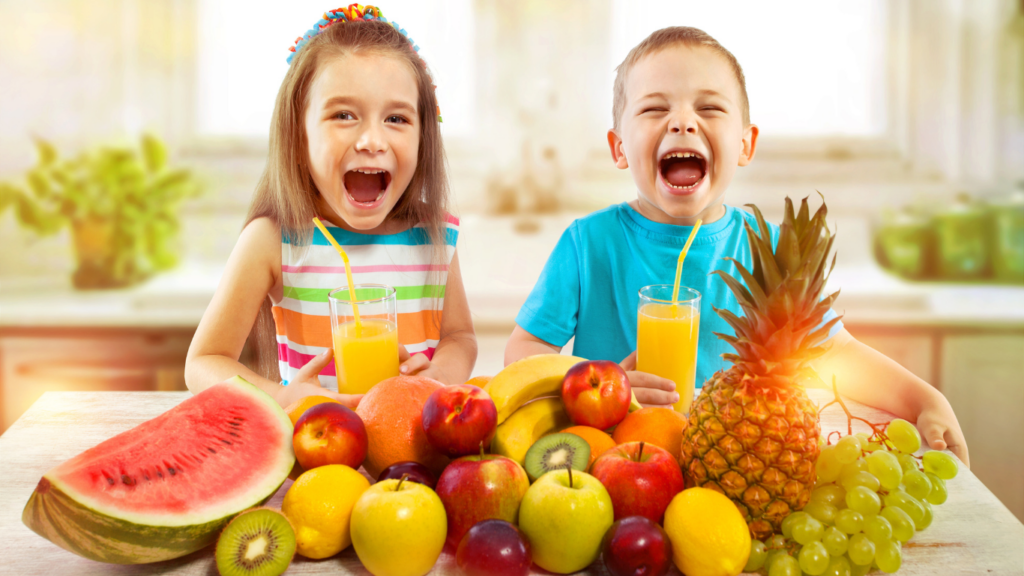Parenting is always evolving, and as we approach 2025, it’s clear that modern parents are embracing new strategies to navigate the challenges of raising kids in a fast-paced, tech-driven world. From prioritizing mental health to redefining family dynamics, today’s parents are rewriting the rulebook to create a more balanced and connected upbringing for their children.
Understanding Modern Parenting Trends
Modern parenting trends reflect shifting societal priorities and technological advancements. Parents increasingly focus on nurturing emotional resilience and fostering independence. This approach prepares children for challenges in an interconnected world.
Technology integration plays a vital role in parenting strategies. Many parents embrace digital tools like educational apps and parental control software to manage screen time and support learning. Responsible technology use aims to balance digital engagement with offline activities.
A strong emphasis on mental health shapes parenting decisions. Practices like mindfulness, emotional intelligence coaching, and open communication about feelings are becoming routine. These methods seek to normalize mental wellness and reduce stigma.
Equality in parenting roles is more prominent. Shared responsibilities in caregiving and decision-making ensure balanced family contributions, enhancing relationships and setting healthy examples for children. Fathers, for instance, actively participate in childcare at unprecedented levels.
Sustainability influences lifestyle choices in parenting. Eco-friendly products, minimalism, and teaching children about conservation reflect broader environmental awareness. These efforts align with preparing kids to value and protect the planet.
Emphasis On Mental Health And Emotional Well-Being

Modern parenting acknowledges the vital connection between mental health and overall development. Families are increasingly adopting practices to foster emotional resilience and a supportive environment.
Mindfulness Practices For Families
Families are incorporating mindfulness techniques like:
- meditation
- deep breathing
- gratitude journaling
Meditation apps tailored for children, such as Headspace for Kids, offer guided exercises to build focus and calm. Deep breathing exercises during stressful moments help regulate emotions quickly. Gratitude journaling promotes a positive perspective, with parents and children sharing daily moments of thankfulness.
Group activities like family yoga sessions encourage bonding while supporting mental clarity. Schools are also implementing mindfulness programs, which parents can reinforce at home for consistency. These practices improve emotional regulation, strengthen family connections, and build a foundation for mental wellness.
Addressing Childhood Anxiety And Stress
- Parents are recognizing signs of childhood anxiety and stress earlier.
- They’re using proactive measures, such as speaking openly about feelings, to address these issues.
- Open communication reduces stigma, helping children articulate their emotions.
- Therapeutic resources, like age-appropriate counseling, are becoming mainstream for managing significant challenges.
- Play therapy and cognitive-behavioral techniques equip children with tools to cope.
- Parents are integrating stress-reducing activities, like art and music therapy, into daily routines to provide creative outlets for emotions.
- Educational settings also play a role, with more schools offering mental health support counselors.
- Parents work alongside educators to ensure consistent approaches for managing stress at home and school.
Technology And Digital Parenting
As technology evolves, its role in modern parenting becomes increasingly evident. Managing digital engagement and leveraging tech tools effectively has become a priority for many families.
Balancing Screen Time
Effective screen time management improves a child’s overall development. I focus on setting clear boundaries, ensuring screens don’t replace essential activities like outdoor play, family interaction, or sleep. Tools like parental control apps assist in monitoring usage, while features like scheduled “screen-off” modes encourage balance.
I also prioritize quality over quantity by selecting age-appropriate content. Platforms offering educational videos or interactive storytelling sessions provide better engagement than passive consumption. Family screen-time policies that include specific device-free zones or hours in the home further strengthen relationships and model healthy behavior.
Leveraging Educational Apps
Educational apps enhance learning experiences when integrated thoughtfully. I select apps based on skill development, such as problem-solving, language acquisition, or STEM learning. Examples include Duolingo for languages and Scratch for coding.
Interactive platforms tailored to a child’s curriculum encourage active learning while tracking progress. Many apps offer curated parental dashboards, helping me stay informed about my child’s achievements and areas for improvement. I also blend app-based learning with offline activities to reinforce concepts, ensuring digital tools complement traditional educational methods rather than replace them.
Holistic Education Approaches
Modern parenting emphasizes holistic education by integrating creativity, critical thinking, and real-world experiences into children’s learning journeys. These methods nurture well-rounded development and prepare kids for an evolving world.
Fostering Creativity and Critical Thinking
I see parents prioritizing creativity and analytical skills to equip children with tools for problem-solving and innovation. Flexible learning models, like project-based curricula and maker spaces, encourage exploration and experimentation. For example, art, coding, and design activities allow kids to express ideas while enhancing logical reasoning. Parents are also promoting inquiry-based discussions at home, where children validate their thoughts through research and evaluation, cultivating effective decision-making skills.
Embracing Outdoor Learning Activities
Outdoor learning is gaining prominence as parents recognize its role in fostering holistic development. Nature-based activities, such as gardening, hiking, and wildlife observation, combine physical engagement with cognitive learning. These experiences often teach environmental awareness, problem-solving, and teamwork. I’ve noticed families embracing forest schools and weekend camps as opportunities to blend experiential learning with play, enhancing curiosity and social interactions outside traditional classroom settings.



 Founder & Editorial Director
Founder & Editorial Director
